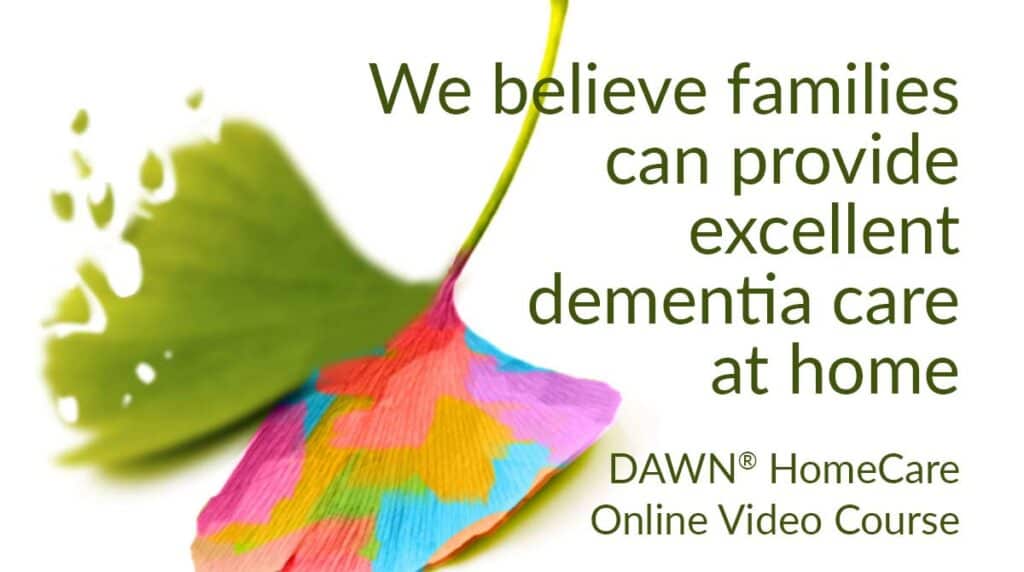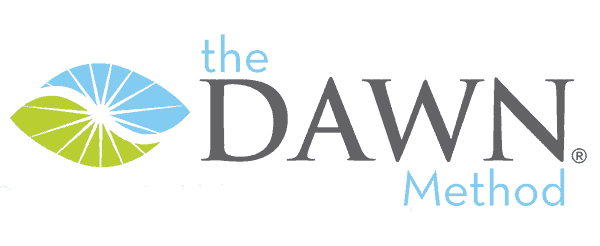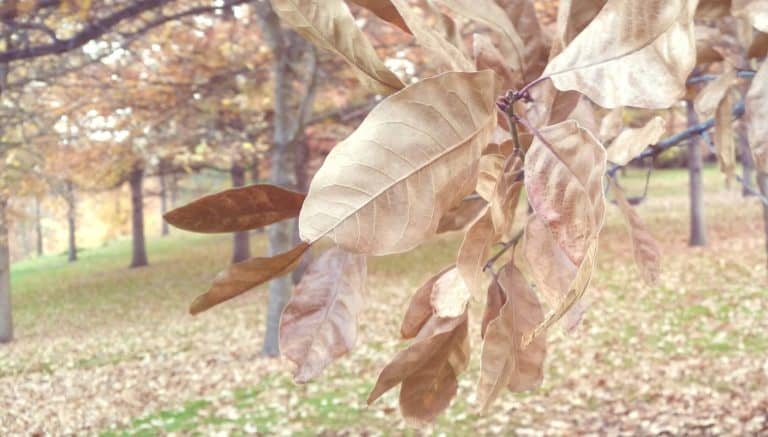As I began to write about these concepts, I was surprised to discover that Microsoft Word doesn’t recognize elderhood as a word. It does recognize childhood and adulthood. Are we really so culturally averse to aging that the English language hasn’t developed a parallel term for the third stage in life? “Old age” is clunky, a phrase, a colloquialism.
I must have first heard the word elderhood used by Bill Thomas. Thomas is working to change the way we think about aging in America (www.changingaging.com). He points out that there are three very distinct stages in life, but we recognize only two: childhood and adulthood. We seem to believe that elderhood is a form of failed adulthood. We speak of our elders in terms of the functions of adulthood they can no longer do, or what they still can do. “Dad can still drive” or “Mom can’t keep track of her purse or keys anymore.”
Let’s think about what the three stages of life are and why the third one is a distinct stage that we should treasure and respect.
Childhood is a time of growth
We expect children to learn and gather experience, to spend a lengthy period of time experimenting and becoming better at accomplishing tasks and using judgment. We also expect them to play. When children are given too much responsibility or asked to function beyond their emotional development we feel regret. We say that children should be allowed to play, to grow and develop without the responsibilities and restrictions of adulthood. We recognize childhood as a valuable stage in life that prepares and enables us to live fulfilled and happy adult lives. Childhood is the time of being, playing, and preparing.
Adulthood is a time for mastery and doing
Children gain emancipation at the age of 18 and by 21 are fully adults under the law and then expected to perform responsibly with regard to themselves and others. Adulthood is the time for using the skills and education amassed during childhood so we can take care of ourselves and our loved ones. It is the age of doing and accomplishment, of gathering resources and building assets. It’s a time of mastery, of providing for our loved ones, and of fulfilling community and workplace responsibilities. It’s the time to become experts at what we do and use that expertise in our daily lives. In adulthood, many of us struggle to carve out time from doing for simply being, because our focus is on competence and production.

Elderhood is the time for being and sharing
I’ve often heard people comment that they don’t want to retire because they don’t know what they’d do with their time. We are a nation focused on production and doing. We have forgotten that life should also include a time for contemplation. Years ago I came across Socrates’ statement: “The unexamined life is not worth living.” That wisdom has always stuck with me, nudging me to evaluate what I’m doing and why I’m doing it whenever my schedule becomes hectic.
Aging and waning capabilities naturally bring inactivity, so elderhood is the time to stop being doers and become thinkers instead, reflecting back and considering what has gone before. Our elders have much to give to those of us who are still in adulthood (and childhood), if we allow them to embrace being and contemplation—by supporting their current abilities and taking care of what they cannot do for themselves. Here at DAWN, we’ve found that even when dementia comes into the picture, our elders still have wisdom to share with us.
Let’s not miss out on the treasure that lies in recognizing elderhood. Let’s embrace it and value it as a time of being and sharing.
§
Learn more
Learn to provide kind, strength-based, person-centered dementia care at home with DAWN HomeCare: Dementia Training for Families and their Caregivers (video course).


